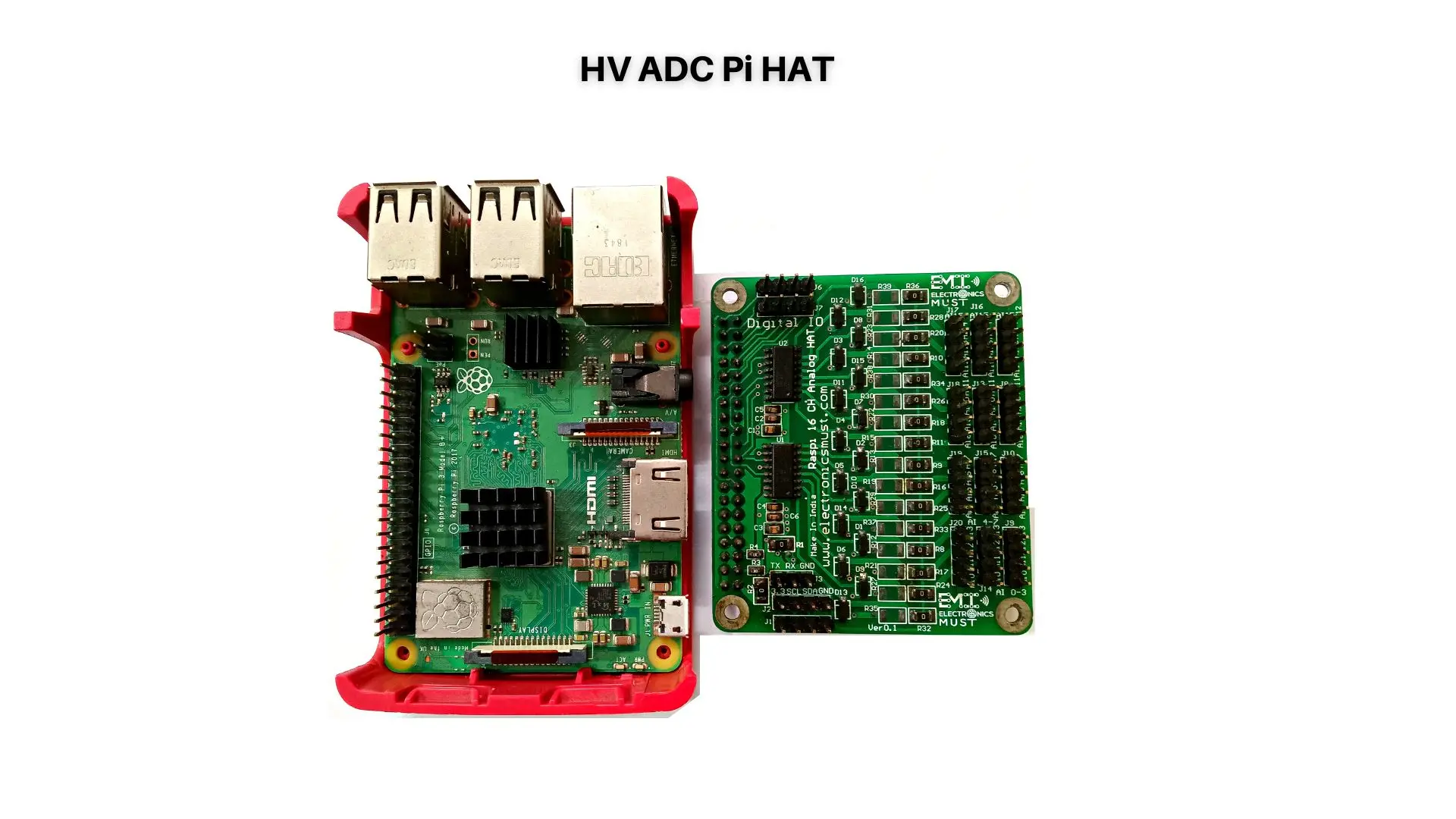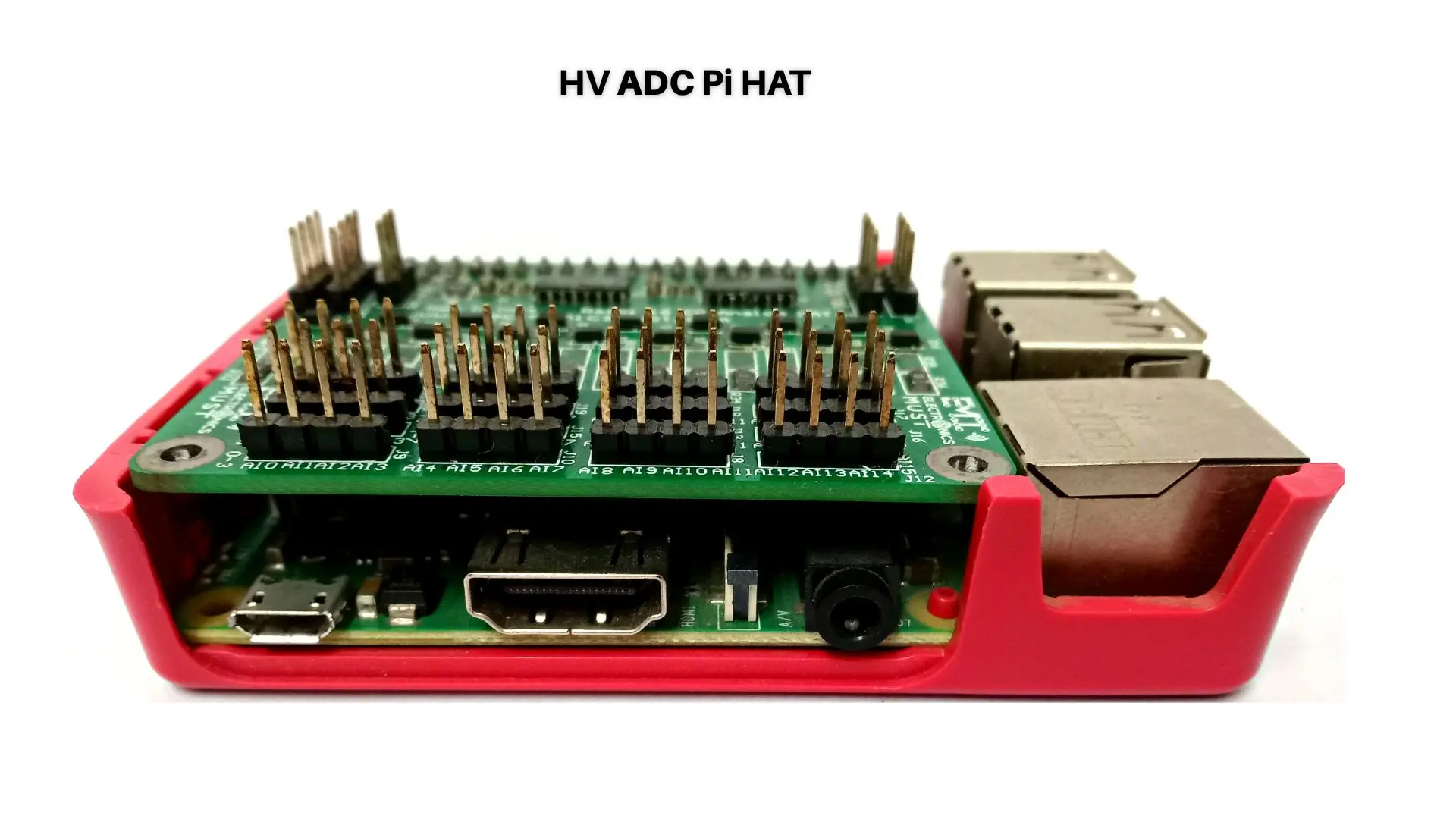In today’s fast-paced technological landscape, machine learning and artificial intelligence (AI) have emerged as transformative forces across various industries. These intelligent systems rely on advanced hardware and software to process vast amounts of data and make accurate predictions or decisions. While much attention is often given to the software algorithms powering these applications, the hardware component plays an equally crucial role. Customized printed circuit board (PCB) design tailored specifically for machine learning and AI applications is essential for optimizing performance, scalability, and efficiency. This article explores the significance of custom PCB design in building intelligent systems and the key considerations involved.
Understanding Machine Learning and AI
Machine learning is a subset of AI that involves training algorithms to learn from data and make predictions or decisions without explicit programming. AI, on the other hand, encompasses a broader concept of creating intelligent systems that can mimic human intelligence. Both fields rely on processing vast datasets, requiring specialized hardware solutions for efficient computation and data handling.
The Role of Custom PCB Design
Custom PCB design plays a pivotal role in developing hardware solutions that meet the unique requirements of machine learning and AI applications. Standard off-the-shelf PCBs often lack the flexibility and optimization necessary for these demanding systems. By designing customized PCBs, engineers can tailor the hardware architecture to the specific needs of the AI algorithms, optimizing power consumption, heat dissipation, signal integrity, and form factor.
Optimizing Performance and Efficiency
Custom PCB design allows for the optimization of system performance and efficiency. AI applications often require high computational power, and custom PCBs can integrate specialized processors such as graphical processing units (GPUs), field-programmable gate arrays (FPGAs), or application-specific integrated circuits (ASICs) to accelerate computations. By closely aligning the hardware architecture with the algorithms, custom PCBs enable faster processing, reducing latency and improving overall system performance.
Scalability and Flexibility
Scalability is a crucial aspect of machine learning and AI systems. Custom PCB design allows for the development of scalable solutions that can adapt to changing computational needs. By designing modular PCBs, engineers can easily scale up or down the system’s processing power, memory, and connectivity options. Additionally, custom PCBs offer the flexibility to integrate various sensors, interfaces, and communication protocols required for specific AI applications.
Signal Integrity and Noise Reduction
In AI systems, maintaining signal integrity is vital to ensure accurate data transmission and reliable processing. Custom PCB design incorporates techniques to minimize noise, crosstalk, and electromagnetic interference, preserving the quality of data and reducing the risk of errors. Careful consideration of trace routing, power distribution, grounding, and shielding techniques helps to mitigate signal integrity issues and optimize the performance of machine learning algorithms.
Thermal Management
Machine learning and AI applications often generate significant heat due to intense computational workloads. Efficient thermal management is critical to prevent overheating, which can degrade performance and reduce the lifespan of components. Custom PCB design allows engineers to optimize heat dissipation by strategically placing heat sinks, thermal vias, and conductive layers. This ensures proper airflow and effective cooling mechanisms, enabling the system to operate reliably under demanding conditions.
Form Factor and Integration
Custom PCB design enables the development of compact, space-efficient solutions tailored to the specific requirements of machine learning and AI applications. By carefully designing the PCB layout, engineers can optimize the form factor, reducing the system’s footprint and facilitating integration into various devices or platforms. Custom PCBs can be designed to fit specific enclosures or form factors, allowing seamless integration into the overall system design.
Conclusion
Custom PCB design plays a crucial role in building intelligent systems powered by machine learning and AI. Through tailored hardware solutions, it enables optimized performance, scalability, and efficiency. The flexibility of custom PCB design allows for the integration of specialized processors, ensuring high computational power. Additionally, signal integrity, thermal management, and compact form factor designs contribute to the reliability and seamless integration of these systems. By recognizing the significance of custom PCB design in machine learning and AI applications, businesses can unlock the full potential of intelligent technologies.






